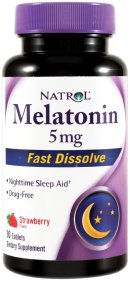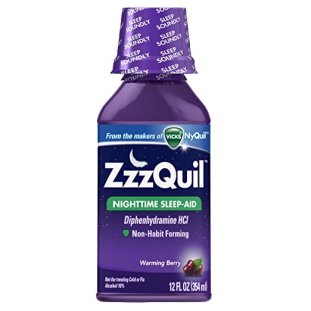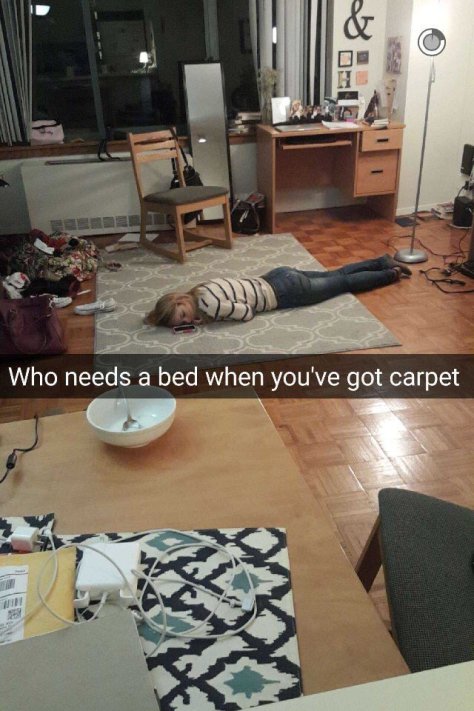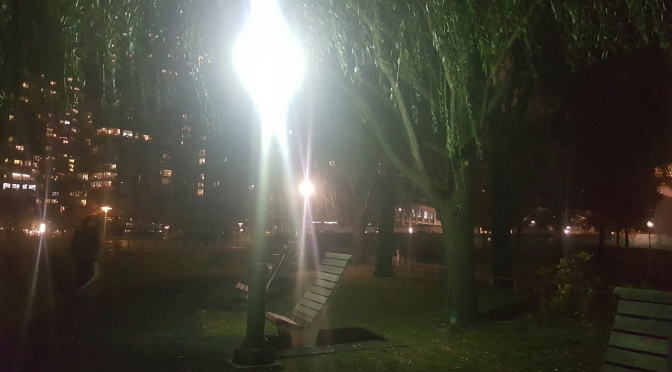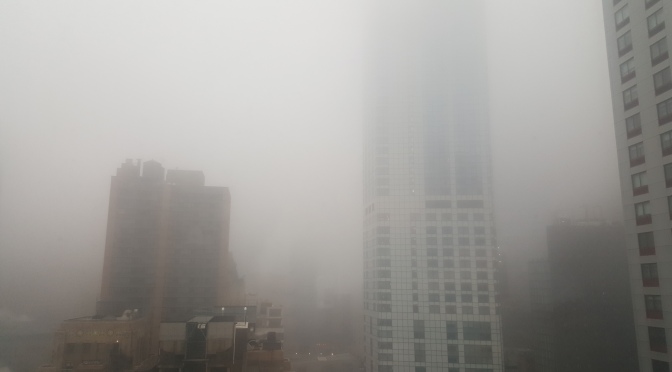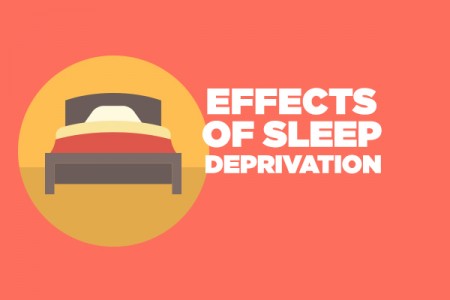Whether you have insomnia or not, stress is a part of everyday life. However, as I mentioned in a past post (Daily Tip to Help Relieve Stress), having insomnia puts stress in hyperdrive. In this post, I want to explain why it is so important to find ways to relieve stress, rather than let it build up inside us.
Short-term Effects
There are many ways that stress can impact your everyday life. Stress does not just limit itself to your mood, it also affects your behavior and your body.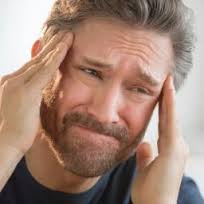
One of the mot common effects of stress on the body is headaches. If you are like me, you’ll get random pings of pain by the temple area. If you’re home, putting a warm compress is the best way to help relieve the pain. However, if you are out and about, I have found the quickest remedy is to put peppermint oil on the temples.
Caution: Wash hands after, or you’ll end up accidently crying for 30 mins due to rubbing your eye with mint, just from my personal experience.
Other effects on your body can be muscle or chest pain, upset stomach, and sleep problems (oh joy).
Your mood can be extremely impacted by stress if you do not have a way to handle it. You may get restless and at the same time lack motivation to do anything.
Personal story time: My first semester of my sophomore year, many family issues presented themselves. At the same time, I was working crazy hours being a tutor for around 40 people. Throughout the semester, I continually pushed down the stress and pretended it wasn’t an issue. After going home for break and starting fresh my spring semester, I found myself completely unmotivated to do anything, whether it was my job, school, or personal life. It took me three months to get out of the funk, with lots of damage to not only myself but those that depended on me…meaning more stress.
So, don’t push down stress and it will always come back up five times worse as you may be more angry, sad, or have anxiety.
Long-term Effects
I am putting behavior affects under long-term because these tendencies picked up for short spurts will eventually become a long-term vice. Some of the most common behaviors are unhealthy eating habits (whether it be overeating or undereating) or abuse of drugs/alcohol.
Eventually, unmanaged stress will lead to health problems such as heart disease, obesity, or diabetes.
Ways to Manage Stress
Personally, I am still struggling to find ways to battle stress head on. Some tactics that I have found helpful are keeping a planner (some use journals, but I failed at writing my feelings) and writing every single thing I could think of. After, I list the hours of the day I had left and prioritized what was actually possible to get done in the day.
Try it out and let me know if it helps!

